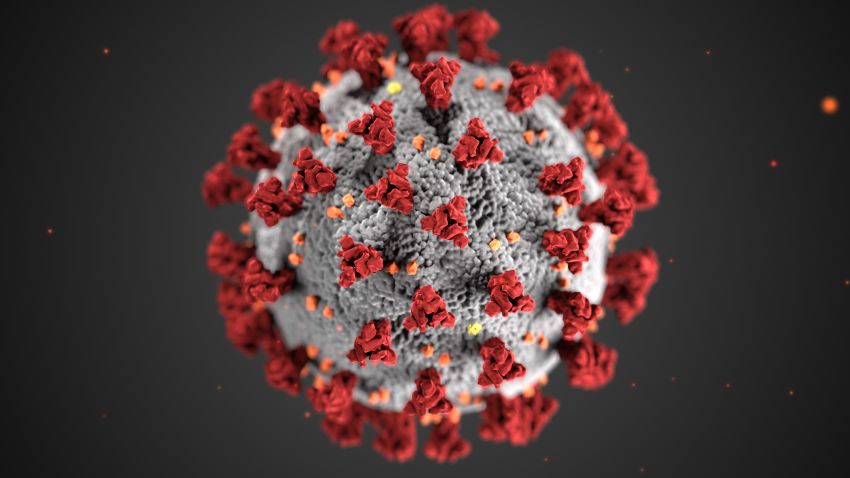The members of the Western States Pact – California, Washington, Oregon, Colorado and Nevada – are asking the federal government for $1 trillion in aid to help deal with the financial effects of the coronavirus pandemic.
A letter signed by all five states’ governors, all Democrats, was sent to Congress on Monday, California Gov. Gavin Newsom announced in his daily coronavirus briefing.
The request by the Western states comes as House Democrats push ahead with a far-reaching Covid-19 recovery package that, among other provisions, would bail out cash-strapped states and cities and is expected to elicit sharp pushback from congressional Republicans.
In the letter, the governors thanked Senate Majority Leader Mitch McConnell, House Speaker Nancy Pelosi, Senate Minority Leader Chuck Schumer and House Minority Leader Kevin McCarthy for the “quick financial assistance” they had already provided to workers and small businesses impacted by the virus.
“But now, however, our states will be forced to make deep cuts to programs that help those same individuals without similar relief efforts for state and local governments,” they wrote, citing potential cuts to funding for health care, teachers, first responders and job training programs without federal support.
“That’s why we are respectfully, and urgently, requesting $1 trillion in direct and flexible relief to states and local governments,” the letter continues. “Though even this amount will not replace the decline in revenue that we forecast, it will make a meaningful difference in our ability to make-up for COVID-19 revenue losses.”
The governors added, “This aid would preserve core government services like public health, public safety, public education and help people get back to work. It would help our states and cities come out of this crisis stronger and more resilient.”
The request highlights a battle brewing on Capitol Hill over such funding. In a letter to colleagues Monday morning, Pelosi made clear her push to help states and cities, a figure she has previously floated could cost $1 trillion.
“We must act boldly to support state and local entities to address coronavirus-related outlays and lost revenue,” she told Democrats.
But the Trump administration and Senate Republicans have resisted further federal economic spending after lawmakers have injected a staggering $3 trillion in recovery programs. Senate Republicans remain divided over sending more federal aid to state and local governments after the March stimulus approved $150 billion for states and cities.
California alone is seeing record unemployment, with 4.5 million people filing claims just since March 12. The state has paid out $13.1 billion in unemployment insurance claims in that time, Newsom said Monday.
The state’s unemployment rate currently stands at about 20%, but Newsom predicts it could rise to nearly 25%. Newsom said in April that his state was “in a pandemic-induced recession” – an indication that, while official economic bodies have not declared a recession, the state is experiencing a serious economic downturn.
The pact between West Coast states was formed last month, with California, Washington and Oregon announcing they were joining forces in a plan to begin incremental release of stay-at-home orders. Newsom said at the time that the governors of the three states would collaborate on their approach to getting back to business “in a safe, strategic, responsible way.” Colorado and Nevada joined the group of states in late April.
CNN’s Maeve Reston, Manu Raju, Clare Foran contributed to this report.

